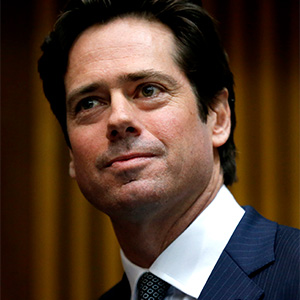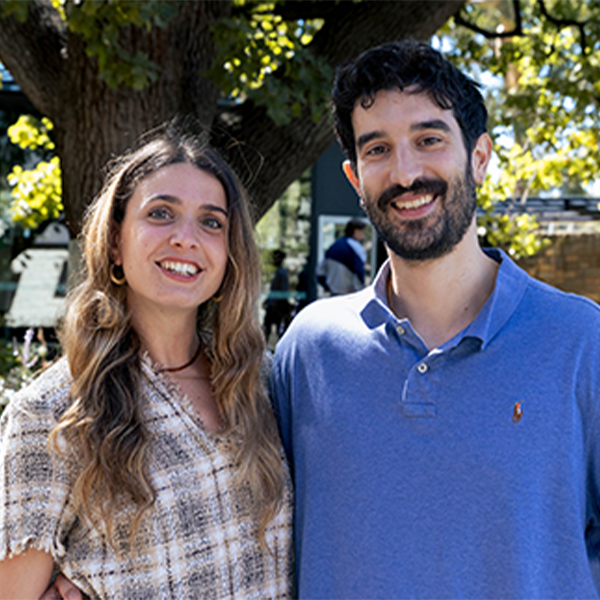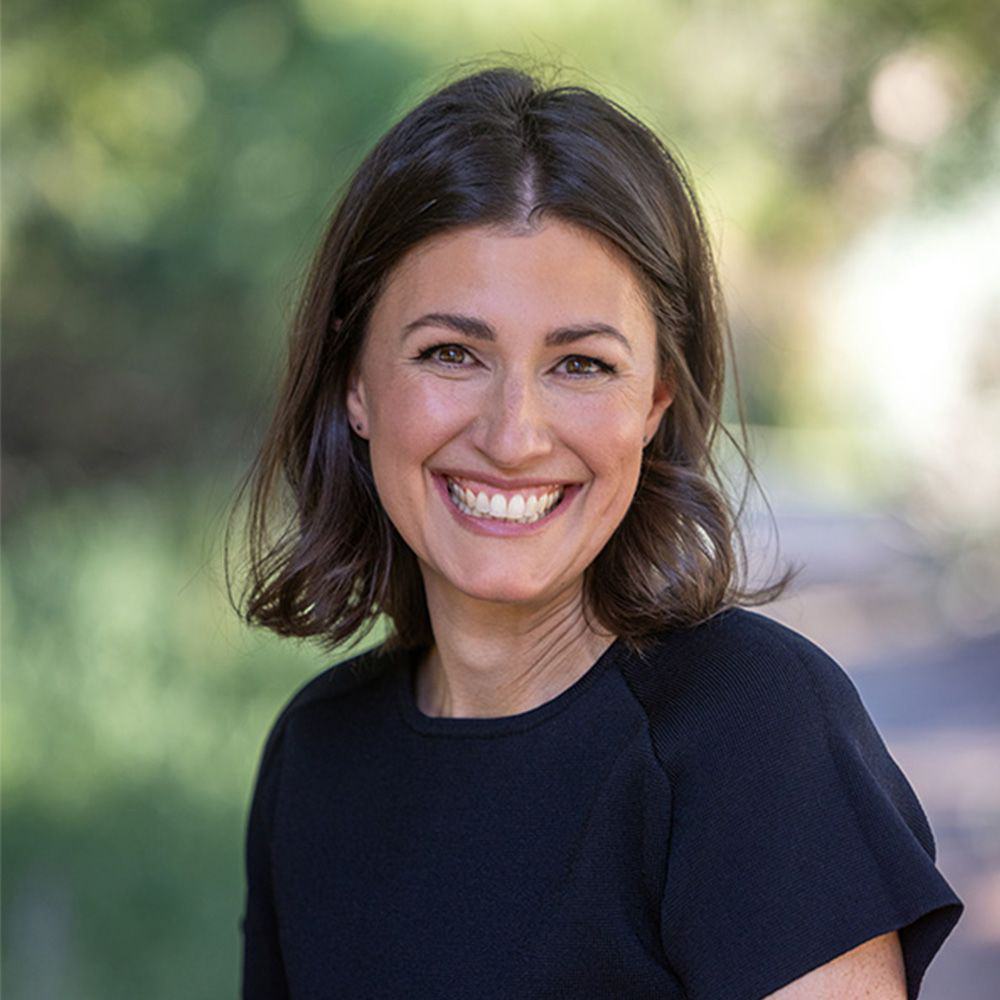

 Gillon McLachlan is the outgoing CEO of the Australian Football League. He has worked for the AFL since 2000, initially as a consultant in strategic planning, then General Manager of Commercial Operations, Chief Operating Officer and Deputy Chief Executive Officer, before being appointed as Chief Executive Officer in 2014.
Gillon McLachlan is the outgoing CEO of the Australian Football League. He has worked for the AFL since 2000, initially as a consultant in strategic planning, then General Manager of Commercial Operations, Chief Operating Officer and Deputy Chief Executive Officer, before being appointed as Chief Executive Officer in 2014.
Key outcomes in Gillon’s roles within the AFL have included the largest sports rights media deal in Australian history, the establishment of AFL Media, and the establishment of two new clubs, including raising the funding for and building their stadiums.
Gillon has a Bachelor of Laws from Melbourne University, a Bachelor of Commerce from Adelaide University and completed the Senior Executive Program at Stanford University.
Here, Gill reflects on his career and his time at Trinity College:
‘College sport and sport in general has a huge impact while you are at university as it builds friendships, networks, resilience and discipline. It also requires teamwork, and this provides the framework you need to advance professionally.
Sport was an important part of my college experience – I played cricket and football at Trinity. One great memory is winning the intercollegiate Firsts Football final in 1994, the first time Trinity had won it since the 1960s. It was a special day as I remember we won by only a goal. Of course, winning was great. But when I look back, I was playing with many teammates who would turn out to be lifelong friends; on reflection, that’s even more special than the match itself.
Though I loved my sport at College, when it comes to my career, I stumbled into it. I was working as a management consultant when I was offered a job at the AFL and went as a secondee. I could never have imagined the career I would have or the change I would see during my time there.
The AFL is a completely different competition to what it was when I was a student at Trinity. It’s now a national game with world-class stadiums. It’s fully professional for men, and, importantly, now has a women’s league that sees 540 women playing. It’s a leader in the community on many issues such as racism, gender and sexuality. It’s an organisation that I hope represents everyone.
There have been plenty of highs throughout my time at the AFL – I’ve loved the responsibility and the privilege of leading a game that means so much to so many, whether that’s at the national, state or college level. Sport really can strengthen and unite us.’



